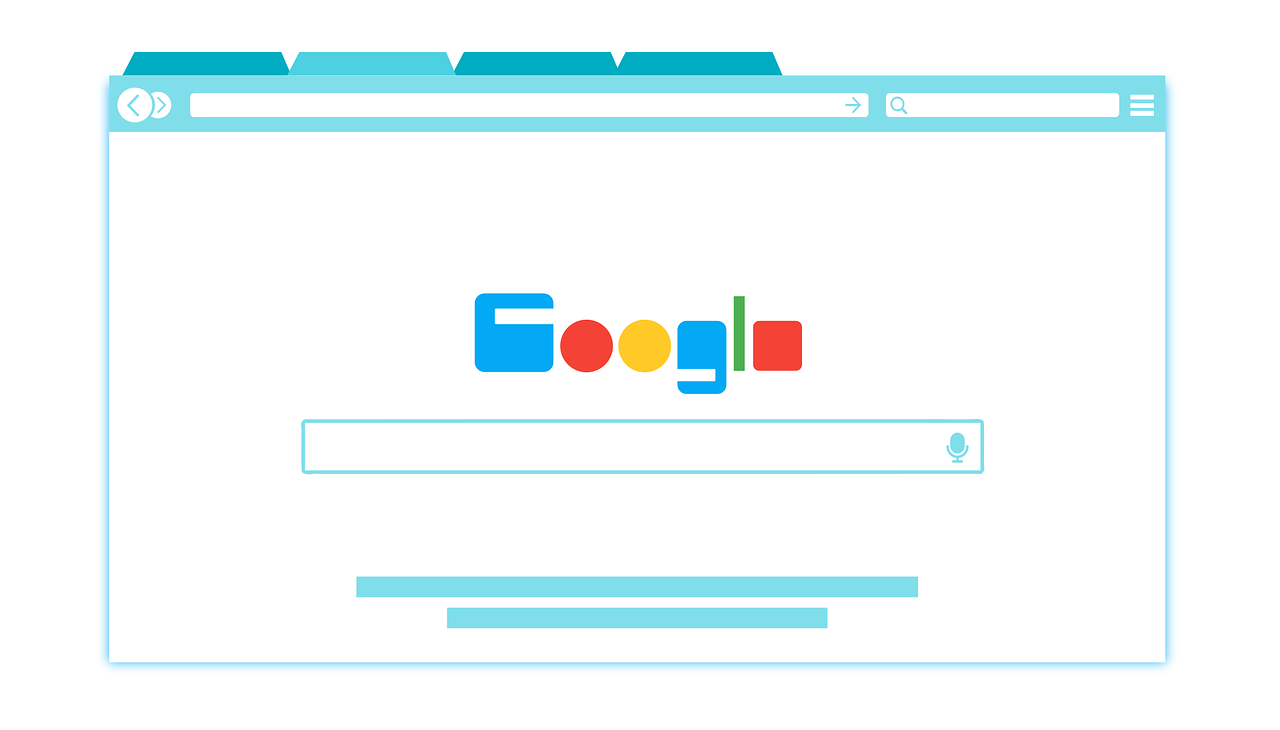Net Neutrality: Why an Open Internet is Important
Posted on 03/20/2018 by Jonathan O'Brien

The term "net neutrality" was first coined in 2003 by law professor Tim Wu, and it pertains to the equality of Internet service and traffic for all websites and users. The premise of net neutrality actually dates back to 1934, when the Communications Act was signed into law, regulating interstate telephone services. In 1996, the Telecommunications Act made the Internet subject to this governmental regulation. In 2010, the Federal Communications Commission passed the Open Internet Order, which required service providers to handle all Internet traffic equally without unreasonable discrimination and for these companies to be fully transparent about how they manage Internet congestion. While big companies might view the end of net neutrality as a boon for their businesses, small businesses and individual consumers will likely be the losers in this scenario. Excessive charges for faster browsing speeds will be felt deeply by all but the biggest companies.
- What Is Net Neutrality? The Federal Communications Commission initiated new protections to prevent providers of broadband Internet service from manipulating data transfers in 2015.
- 13 Things You Need to Know About the FCC's Net Neutrality Regulation: Net neutrality prohibits broadband providers from blocking lawful content and from slowing down specific applications or services.
- What Is Net Neutrality, and Why Should You Care? The premise of net neutrality rests in the belief that access to the Internet is a basic right and everyone should have unfettered access.
- Defending Net Neutrality and Boston's Open Internet: If the Federal Communications Commission abandons its regulatory authority over the Internet, broadband providers may begin imposing barriers and fees on consumers.
- Day of Action to Save Net Neutrality: Small businesses need net neutrality to be enforced to ensure that they can compete with bigger companies to gain exposure.
- Net Neutrality: A Guide to (and History of) a Contested Idea: Find a full explanation of this issue, which affects every Internet user, courtesy of The Atlantic.
- What Loss of Net Neutrality Could Mean for Consumers, Content Providers: The concern about the FCC deregulating net neutrality involves the potential for ISPs to control bandwidth unfairly.
- What Is Net Neutrality? "Fast lane" access on the Internet could allow users with more money to have faster and better access to content.
- Definition of Net Neutrality: Network providers should provide access to information without prioritizing any data over other data, which can affect the speed at which it is provided.
- Net Neutrality: The War Is Over: When first conceptualized by professor Timothy Wu, net neutrality was simply about safeguards to prevent data discrimination on the Internet.
- History of Net Neutrality: An advanced type of router can give providers the ability to inspect data packets, which opens the door to biased data flow.
- Net Neutrality: A Brief History: Although the Internet is relatively new, the concept of networks treating communications in an unbiased manner dates back to 1934, when President Franklin Roosevelt signed the Communications Act.
- The Net Neutrality Debate: The Basics: "Net neutrality" is a broad term that includes issues surrounding Internet controls, freedoms, privacy, security, and innovation.
- Why You Should Care About Net Neutrality: Net neutrality keeps service providers from negotiating deals that provide preferential or premium services to big companies.
- Cyber Security Training: Learn more about how to protect yourself online.
- Understanding the Fight Over Net Neutrality: Supporters of net neutrality believe it is necessary to protect ordinary people who want to use the Internet to either get or share information.
- Net Neutrality Rules: Still a Threat to Internet Freedom: The premise of the FCC's step back from regulating the Internet stems from the assertion that broadband providers do not fall under the umbrella of telecommunications services.
- The Best Explanation of Why You Should Care About Net Neutrality: Elimination of net neutrality could cause a number of marked changes in the Internet, including more expensive and less reliable service.
- Startups Need Robust Net Neutrality Rules to Compete on a Level Playing Field: Startup companies rely on fair representation on the Internet.
- How Changes to Net Neutrality Laws Could Affect Small Businesses: Data prioritization could provide faster Internet speeds for specific websites, for a price.
- The Neutral Zone: The Future of Net Neutrality: Without net neutrality in force, consumers' access to the Internet could be limited and more expensive.
- Net Neutrality: The way internet service providers manage traffic is one of the hot points of net neutrality, with deep packet inspections and other practices coming under fire.
- Regulation and Net Neutrality (PDF): If website owners have to pay a fee to reach consumers, bigger companies will have an advantage because they have more resources.
- Net Neutrality: A Level Playing Field: Net neutrality gives the average person using the Internet protection from discrimination based on content, platform, application, or type of communication.
- Net Neutrality: Why a Level Playing Field Matters: With the discontinuation of net neutrality, consumers might have the option to pay less to have access to only a limited number of websites, which would likely compromise the quality and relevance of this information.
- What Is Net Neutrality? Net neutrality guarantees that consumers have equal access to any website or application, receiving the same quality and service on any device.
- What the Death of Net Neutrality Means for Businesses: Small and mid-sized businesses would have a distinct disadvantage if ISPs are allowed to give priority to large companies that can afford to pay hefty premiums for faster service.
Software Training
Courses by Location
- Cyber Security Training in Northern Virginia
- Cyber Security Training Orlando
- Cyber Security Programs in Maryland
- Computer Programming Classes NYC
- Cyber Security Training Los Angeles
- Coding Classes Pearland
- QuickBooks Classes in Houston
- Python Classes NYC
- PMP Classes Boston
- Los Angeles Excel Training
- Project Management Courses DC
